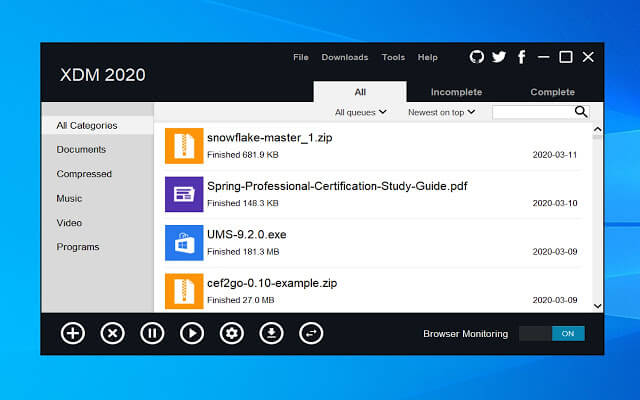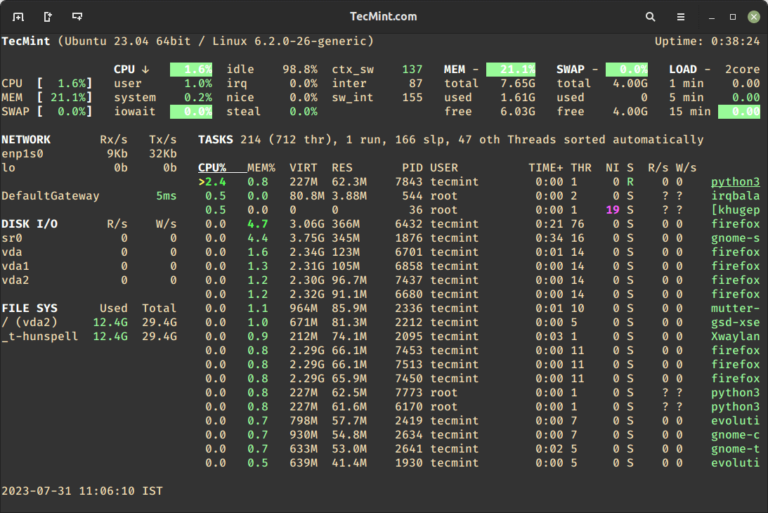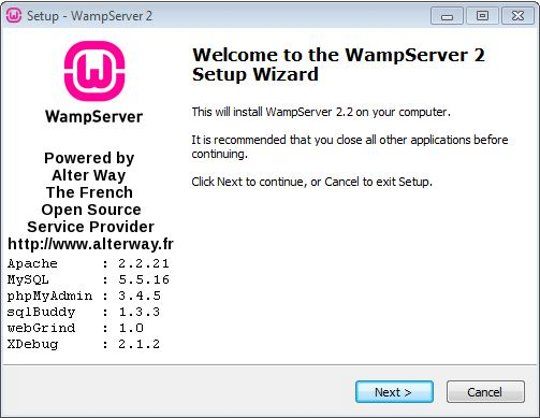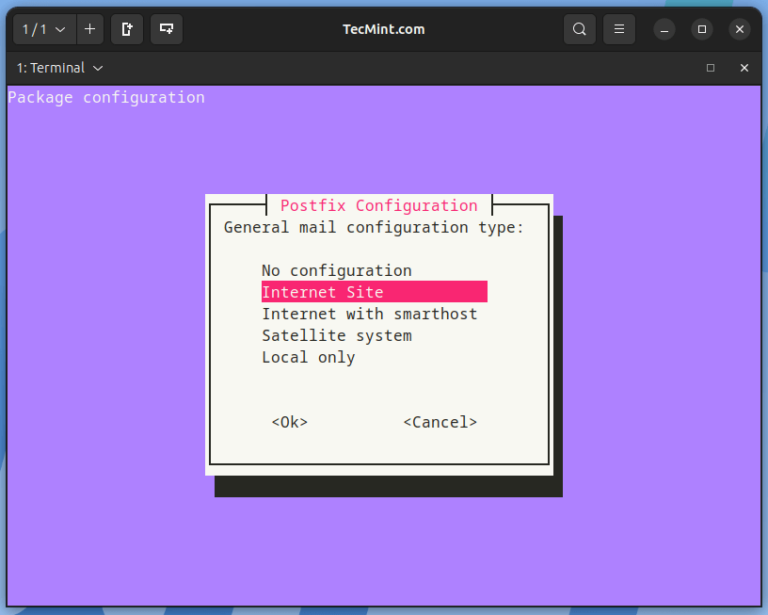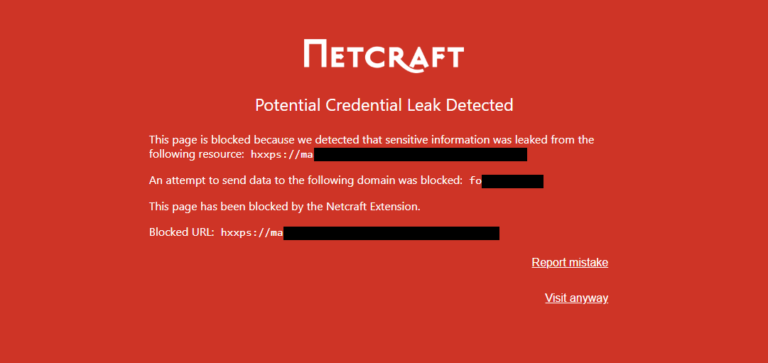
When it comes to setting up a website, many people often focus on the building of the site. After all, that is where most of the effort will go. Yet another two vital components are often overlooked; the domain name and web hosting.
There two elements form anchor points in the website building process and without them, all you will have is the content and design of a website that nobody will ever see. This article will cover what the domain name and web hosting portions are and their role in setting up a website.
What Is a Domain Name?
Much as an address is the way people can find locations on a map, domain names allow people to find websites. Your domain name is the user-friendly name which visitors type into the browser address bar to get to your site.
Domain names come in various forms and can be purchased at many locations. The most commonly encountered domain names are called generic top-level domains (gTLDs) such as com, org, edu and net. Aside from that, there are also country code TLDs such as au, de, fr, jp or my.
Here is a list of samples and what type of domain they are;
- .arpa – Top-level domain (TLD)
- .com – Generic top-level domain (gTLD)
- .com.my – Second-level domain (SLD or 2LD)
- .my – country code top-level domain (ccTLD)
- .example – reserved domain
Although there are more domain types, only a few are normally used by most people who are setting up general websites. As a website owner it is more likely that you will be looking to acquire a gTLD, SLD or ccTLD.
What Is Web Hosting?
When discussing the domain name earlier, I used the example of an address as the means to locate a place on the map – a house perhaps. Where the domain name is the address, the web hosting you need to acquire is the plot of land where the house (your website) will be built.
Web hosting is where you will need to store all the contents that make up your website. Choosing the right web hosting company is more important than you might think.
Each web host offers different features and facilities which can help you in building the best website that you can. For example, some webhost hosts like Wix offer site builder tools that you can use to rapidly construct websites using a simple drag-and-drop interface.
How They Work Together
The relationship between domain name, website and web hosting is linear, but all are needed for a website to be accessible by visitors. The first portion works when a user types in a domain name for a website into their browser. The browser is then directed toward the website which sits on a web hosting service provider.
Technically, the domain name request goes to the hosting provider’s servers first, which calls up the necessary resources from your website and then presents that to the visitor.
There are Different Types of Web Hosting
When setting up your website, you need to know that different types of hosting exist. If you’re setting up a website that is personal or for a small business, it is likely that you will choose either shared hosting or WordPress Managed hosting.
Shared hosting means that many people share the resources of each individual server. All resources on that server will be split and allocated as required by the websites on it. This includes processor time, memory, hard drive space and other needed resources. Shared hosting is generally cheap, so web hosts must justify the cost of resources that is allocated to each website sharing a server.
Managed WordPress hosting is something to pay attention to today since so many websites in existence are basing themselves on this popular Content Management System (CMS). In fact, WordPress websites represent more than half of all CMS-based websites in the world.
Managed WordPress hosting usually comes with the CMS pre-installed, allowing you to quickly get started in developing your site. They also in many cases offer WordPress-focussed features such as optimized servers or automated updating systems.
How Much Should You Be Paying?
I have left this for last because it’s a bit of a complicated issue. For domain names, many web hosting service providers today are beginning to offer free domain names if you purchase a hosting package, so essentially, there is no additional cost.
If in case they don’t offer this, you can buy a domain name almost anywhere on the web – even from the place where you bought your web hosting. On the other hand, like any other commodity, domain names sometimes go ‘on sale’.
NameCheap for example often has great offers on domain names and you might be able to snap one up for as low as 88 cents for the first year. When it comes to domain names, don’t be afraid to shop around if you need one.
Web hosting prices also vary, but in most cases not by much. There is much more to a web host than just pricing though and you will need to vet them carefully to ensure they can meet your requirements.
Expect to pay at least $2.50 to $5 per month for reasonable shared web hosting and as much as $3 to $27 per month or more for specialized Managed WordPress web hosting.
Conclusion
At the end of the day, the most crucial thing you need to do before setting about your quest for a website is to firmly decide what type of site you will be running. Different sites have different requirements.
As an example, a personal blog will likely need a lot less resources and tools than an eCommerce website. The different needs are important to identify because some of the resources and tools might not come as standard in all web hosting packages.
The domain name on the other hand will be important as part of your branding. It is something that must be resonant with what you do and be able to help you attract visitors to your site.
Of course, all of these elements can be changed once you’ve opted for them but doing so often comes at a cost. If you’re not happy with your web hosting service provider, you may have to spend extra time and money to shift to a different web host later.
My advice is to take your time and plan your website properly. Check out reputable sites for reviews and see what other people have said about the services of web hosts and domain name providers to give you an idea of what to expect.

